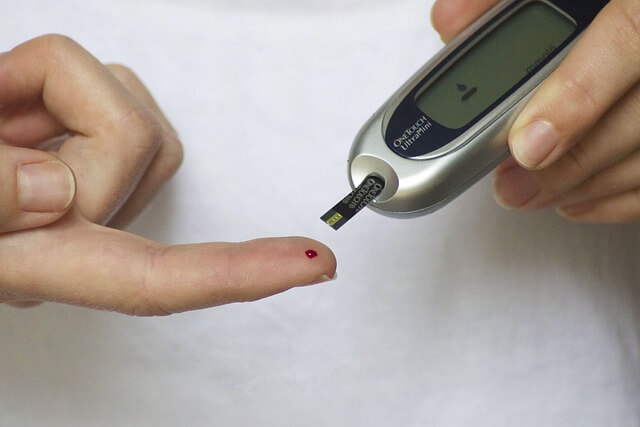A recent study finds that over half of diabetes patients who had undergone metabolic surgery experienced remission of their condition, irrespective of significant weight loss. The findings emphasize the importance of close monitoring and effective diabetes management post-surgery. Health professionals should consider these factors when selecting patients for metabolic surgery and discussing potential health outcomes.
Researchers from Mayo Clinic, University of California San Francisco, and Stony Brook University Medical Center conducted a multicenter retrospective study involving patients with diabetes who underwent gastric bypass surgery between 2008 and 2017. Over a period of 14 years, patient demographics and clinical data were collected annually from a total of 815 patients with an average BMI of 45.1. This study represents the longest observation of patients with diabetes after gastric bypass surgery.
The study reveals that more than half (51%) of patients with diabetes and a history of metabolic surgery experienced remission of their condition, irrespective of significant weight loss. The research suggests that factors such as no prior insulin use, reduced need for diabetes medications, shorter disease duration, lower baseline HbA1c levels, and greater weight loss after surgery contribute to higher rates of diabetes remission. Remission rates were found to be proportional to weight loss after surgery.
Dr. Omar Ghanem, lead study author and metabolic surgeon at Mayo Clinic in Rochester, MN, emphasizes, “This study shows that diabetes remission is not fully contingent on weight loss after gastric bypass surgery. The key is to maintain close monitoring and efficient management of diabetes after surgery. Metabolic surgery is not a magic pill, but it offers perhaps the only chance for many people to rid themselves of diabetes and its associated complications once and for all.”
Dr. Teresa LaMasters, President of ASMBS and a bariatric surgeon and board-certified obesity medicine physician, who was not involved in the study, highlights the significance of considering these factors when selecting patients for metabolic surgery and discussing potential health outcomes. She states, “There is no other therapy that produces such results, and patients and their doctors owe it to themselves to explore the option to see if it’s right for them. Gastric bypass has been known to put diabetes into remission even before significant weight is lost.”
The study sheds light on the low percentage of eligible individuals who undergo weight-loss surgery. The ASMBS reports that only about 1% of eligible individuals receive such procedures each year. In 2020, the number of bariatric procedures dropped to less than 200,000, the lowest in four years, primarily due to cancellations and deferrals during the COVID-19 pandemic.
Obesity remains a significant concern in the United States, affecting 42.4% of Americans. Studies show that obesity can weaken the body’s immune system, cause chronic inflammation, and increase the risk of various diseases and conditions, including cardiovascular disease, stroke, type 2 diabetes, certain cancers, and COVID-19.
According to the Centers for Disease Control and Prevention (CDC), over 37.3 million people in the United States have diabetes, representing more than 11% of the population. In 2018, diabetes was responsible for a significant number of hospital discharges, including 1.87 million for major cardiovascular diseases, 440,000 for ischemic heart disease, 334,000 for stroke, 154,000 for lower-extremity amputation, 226,000 for hyperglycemic crisis, and 60,000 for hypoglycemia. The CDC estimates that the total direct and indirect estimated costs of diagnosed diabetes in the United States in 2017 reached $327 billion.
If our reporting has informed or inspired you, please consider making a donation. Every contribution, no matter the size, empowers us to continue delivering accurate, engaging, and trustworthy science and medical news. Independent journalism requires time, effort, and resources—your support ensures we can keep uncovering the stories that matter most to you.
Join us in making knowledge accessible and impactful. Thank you for standing with us!

